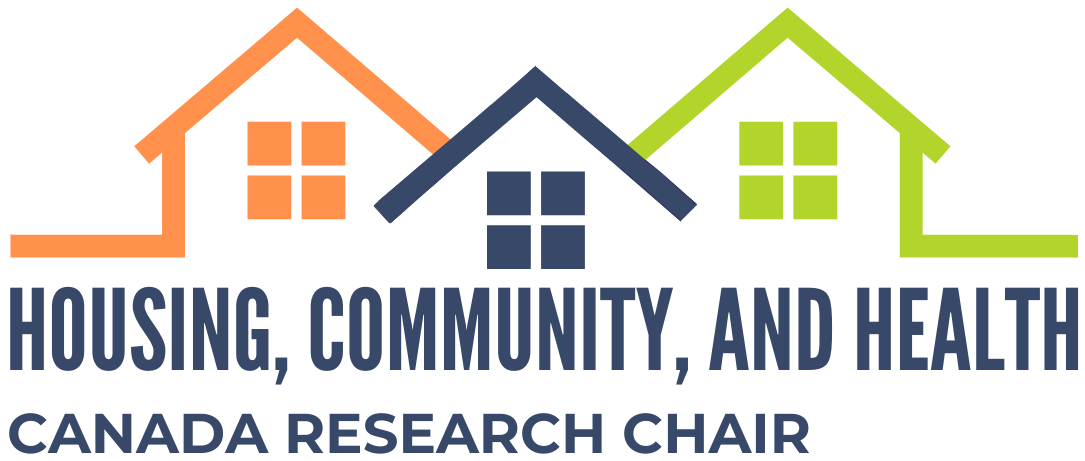Now that Energize Bridgewater is operational — linking residents with incentives, assistance, and renovation expertise for energy upgrades — a team of researchers from McGill University will spend the next several years measuring the impacts of Energize Bridgewater on health and well-being.
To roll out Energize Bridgewater programming for residents, the Town of Bridgewater has partnered with the South Shore Open Doors Association, the Clean Foundation, Efficiency Nova Scotia, and other community and government partners.
The research team working with Energize Bridgewater is from McGill University’s Department of Geography. Professor Mylene Riva, Canada Research Chair in Housing, Community and Health is leading the research.
Energy poverty is one of the central issues Energize Bridgewater will address. Energy poverty refers to the struggles households experience when they cannot afford enough energy to meet their needs. Household energy needs could include heating, cooling, and powering appliances. The research has shown that 2 out of 5 households in Bridgewater are experiencing energy poverty.
Researcher Laurianne Debanné explains that there is more interest in understanding and addressing energy poverty since the start of the COVID-19 pandemic and the cost-of-living crisis. In the past couple of years, people spent more time at home. Housing availability and affordability became more limited, and the cost of energy went up for many. For some people, employment became erratic, and incomes decreased. These factors can put pressure on household budgets.
In the spring of 2022, the research team spent a month in Bridgewater to conduct a survey on energy needs, housing, and well-being. The survey measured the extent of energy poverty in Bridgewater before the full implementation of Energize Bridgewater.
“Energize Bridgewater is addressing issues relating to energy poverty seen in many small towns across Canada.” says Debanné. “On a personal note, I’m grateful to be doing my masters on this project. My work is embedded in a larger project, partnering with a municipal government actively trying to implement change. It’s a rare opportunity for us to measure the impact of a program tackling energy poverty from start to finish.”
- Laurianne Debanné
